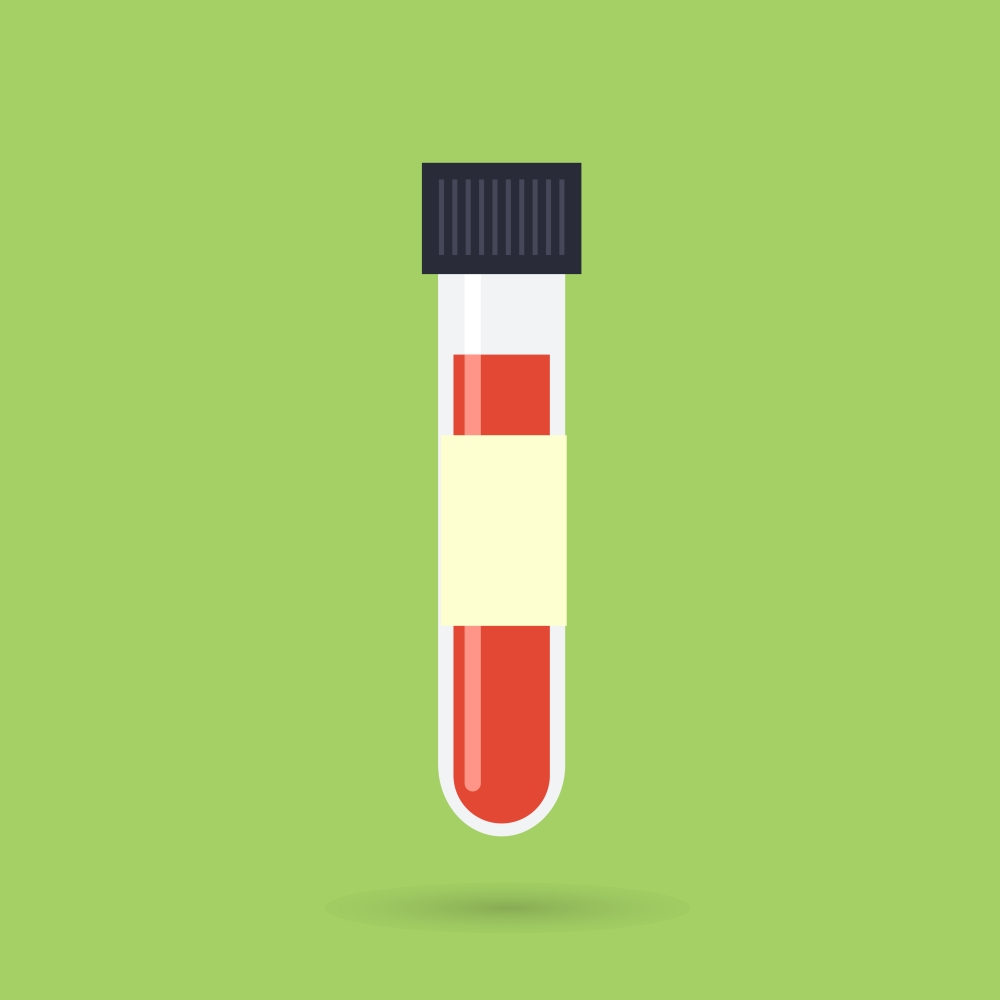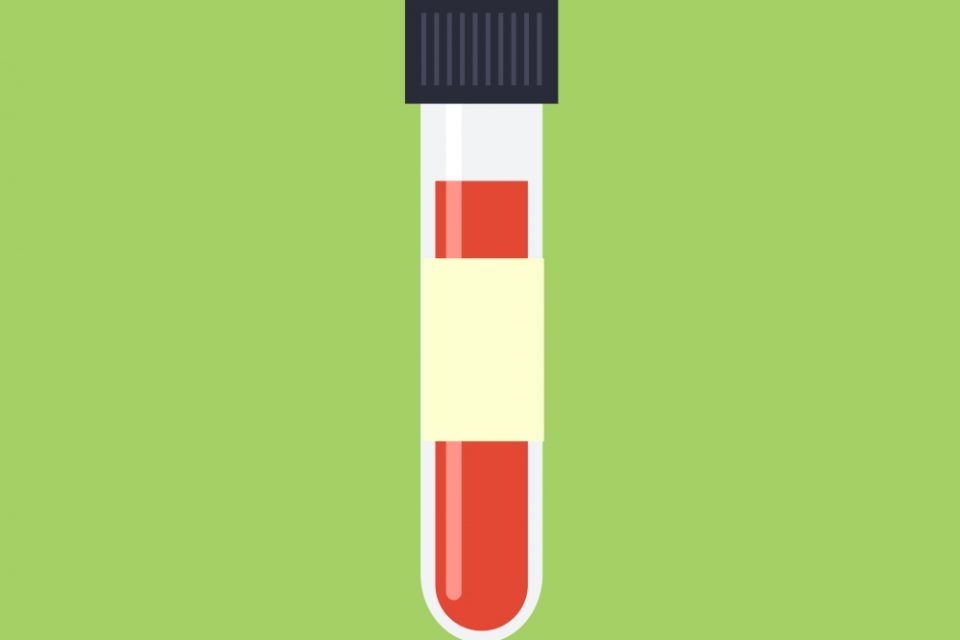
Carrying on the theme of using self-monitoring and testing to maintain good health, this week I’d like to talk about blood testing. Taking blood has become much simpler with the development of finger-prick testing devices that can be done by the client from their home, and the cost of doing so has fallen as an increasing number of labs now offer blood sample analysis. This is one of the most effective and efficient ways of monitoring your health, and there are a variety of tests available that look for different markers. Here are some of the markers I personally monitor every three months.
Cholesterol
Cholesterol is a fatty lipid which is vital to the body. It helps with the performance of sex hormones and the adrenal glands, and is a building block for human tissue. It often gets a lot of bad press, and this is because there are two types of cholesterol; high-density lipoprotein (or HDL) is nick-named ‘good cholesterol’, and low-density lipoprotein (LDL) is ‘bad cholesterol’. A healthy adult should have no more than 5 mmol or HDL and 3mmol of LDL. A build-up of cholesterol in the artery walls can lead to heart attacks, stroke or atherosclerosis (a hardening of the arteries). It is also possible to have an inherited form of high cholesterol called hypercholesterolemia. Monitoring your cholesterol levels every 3 months is a sensible idea, particularly if you smoke, eat a poor diet, have type II diabetes or have high blood pressure.
Vitamin D3
I write at length about vitamin D3 in a previous blog post, but this is important to check because a lack of vitamin D3 is common and can lead to fatigue, back ache, and other unexplained aches and pains. I’ve noticed a lot of people take a vitamin D3 supplement without checking their current levels, and whilst it’s difficult to overdose on D3, it’s always best to find out what your levels are before sourcing and taking a good quality supplement.
Iron (ferritin)
Iron is important because of its involvement in the regulation of cell growth and provides haemoglobin which is essential for carrying oxygen to the blood. Too little iron can lead to chronic fatigue, lowered immunity and anaemia. Too much iron in the blood can lead to arthritis, cancer, liver problems, diabetes and heart failure, and the only way remove the excess iron is blood loss. My blood results in November showed I too much iron, but my most recent test revealed levels had dropped within normal again. Having too much iron is actually more common than too little, in part caused by regular alcohol intake and because many foods are fortified with iron such as breakfast cereals and multivitamins. There is a hereditary genetic disease called hemachromotosis which is treated by dietary changes and blood removal.
Vitamin B12
B12 is a water-soluble vitamin which is essential for maintaining the health of the brain and nervous system. It’s also required for the metabolism of every cell in the body, so it’s a very important vitamin to get sufficient quantities of and therefore monitor. It is typically found in animal products such as meat, fish and dairy.
Liver performance
The liver is a gland that contributes to the body’s metabolism, acts as a storage repository for glycogen, is involved in plasma protein synthesis and the decomposition of red blood cells. It also contributes to hormone production, and has a big role in detoxification. The liver cannot be regenerated once it has been compromised (by excess alcohol, poor diet, prescription drugs or smoking for example), so it is very important to monitor its health and performance.
Testosterone
Testosterone is a hormone we usually associate with men, but women have and require it as well, but in less quantities. It’s important in men as it is a major contributor to sex drive, muscle mass and bone density. A lack of testosterone leads to a condition called hypogonadism. Testosterone levels are affected by sleep, weight, sugar intake, exercise levels and consumption of zinc. Testosterone is emitted in women from the ovaries and adrenal glands, and like men, production levels decrease with age. Symptoms of too little testosterone include depression, anxiety, fatigue, weight gain, decreased libido, osteoporosis and irregular periods. It is also possible for women to have too much testosterone but this is uncommon.
How do I get tested?
I recommend testing for the above markers every three months to monitor levels. Our partner is Thriva, and you can use discount codes BODYSHOTBASE for 30% off the baseline service and BODYSHOT10 for 10% off any other test. If you’re currently working on aspects of your health, fitness and nutrition, then it’s definitely worth tracking these key markers.
Your health can change in response to many things, but here are a few guiding principles that will help you to maintain good health:
- Mimimise disruptors such as sugar, stress, salt, poor sleep, poor diet, alcohol and caffeine
- Self-monitor using blood testing, DNA testing and use wearable tech
- Check-in with yourself every so often – get used to assessing how you’re feeling
- Disconnect from tech and reconnect with yourself and nature every few weeks
- Build-in breathing exercises every day if only for five minutes to start with
- Get to bed early at least once a week – the adage an hour before midnight is worth two afterwards is very true!
Use the basic principles of the RISE Method® to help you self-monitor:
- REVIEW – test and retest, check-in with yourself routinely
- IGNITE – ignite your awareness to your body and how it responds to what you’re trying
- STRENGTHEN – your mind and body, your habits and your resolve
- EMPOWER – yourself with knowledge and awareness
Leanne Spencer is an entrepreneur, coach, TEDx Speaker, author of Remove the Guesswork, and founder of Bodyshot Performance Limited. Bodyshot is a health and fitness consultancy that helps busy professionals get more energy by removing the guesswork around their health, fitness and nutrition. Visit www.bodyshotperformance.com or email info@bodyshotperformance.com to register your interest in our services and connect with us on Facebook, Instagram and Twitter.


